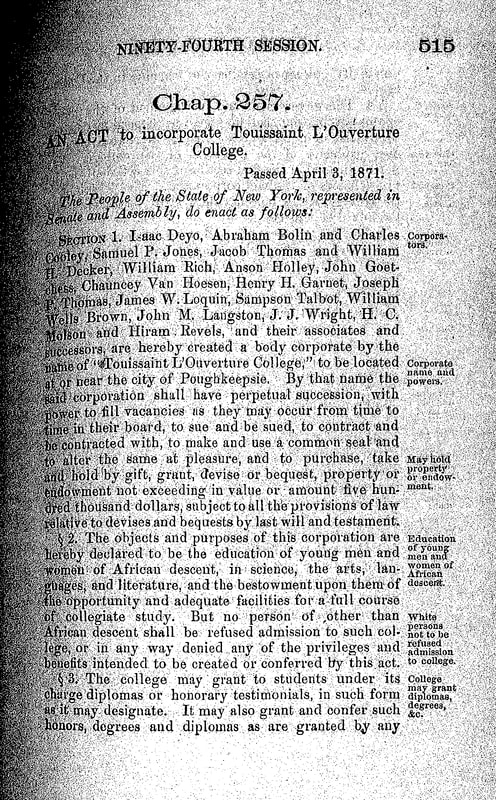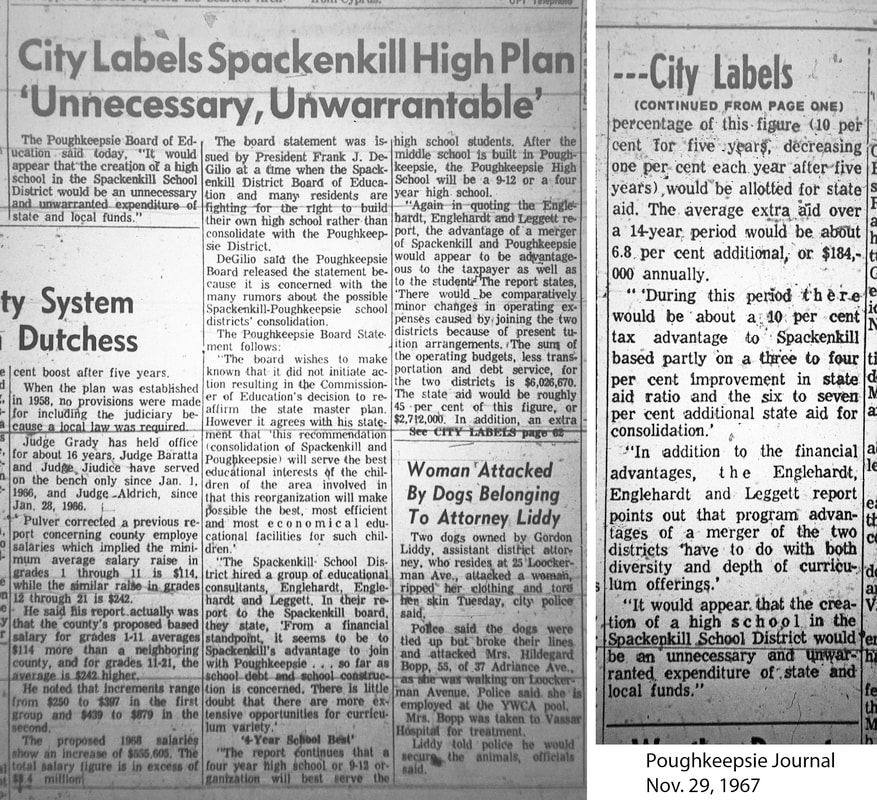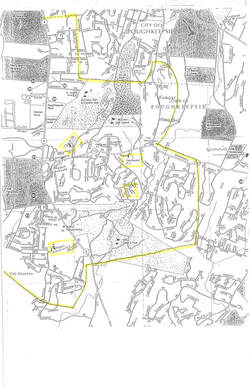One City: Two Schools
The disparities in neighboring school districts in our own backyard betray what SUNY New Paltz Prof. Susan Books calls a “21st century version of separate but equal.”
(you can read Prof. Susan Books' case study titled "The Politics of School Districting: A Case Study in Upstate New York" here)
How does this happen?
How do we fund our schools?
And how do we fund them so unequally, almost 70 years since Brown v. Board of Education?
The aim of this podcast series is to share two stories:
(you can read Prof. Susan Books' case study titled "The Politics of School Districting: A Case Study in Upstate New York" here)
How does this happen?
How do we fund our schools?
And how do we fund them so unequally, almost 70 years since Brown v. Board of Education?
The aim of this podcast series is to share two stories:
- the story of a group of Black families’ unsuccessful attempt to incorporate what could have become the very revolutionary all-Black-led Toussaint L’Ouverture High School right here in Dutchess County, in Poughkeepsie in 1870, and
- a hundred years later, the story of a mostly affluent, mostly suburban white families’ very successful attempt to break off from the Poughkeepsie school district and create a functionally segregated high school in 1965, ten years after the US Supreme Court ruled that segregated school districts were unconstitutional.
FIRST PODCAST EPISODES COMING SOON!!





